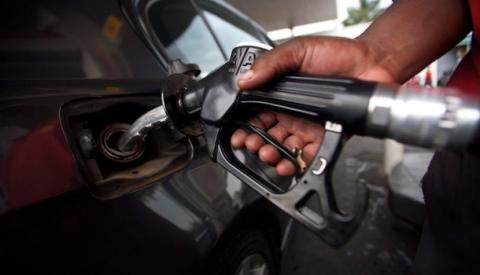Oil and Gas
PEF proposes 20 percent increase in petrol freight cost

The Federal Government is considering a 20 percent hike in the cost of freighting petrol across the country, as part of measures to boost the revenue of transport owners.
The increase would raise the cost of bridging petrol to N9.11 per litre from N7.51 in the petrol pricing template of Petroleum Products Pricing Regulatory Agency, PPPRA.
Speaking at the 21 Annual General Meeting of the National Association of Road Transport Owners, NARTO, the Executive Secretary of the Petroleum Equalisation (Management) Board, PEF, Alhaji Ahmed Bobboi said the agency was waiting for the Federal Government approval before it would commence its implementation.
He noted that government was also waiting for labour unions to get back to it as the increase was among the general agreement reached by the joint committee set by the government on the hike in the price of petrol and electricity.
Also speaking on the issue, the Chief Financial Officer of the Nigerian National Petroleum Corporation, NNPC, Umar Ajiya said the government considers NARTO as strategic partner in the distribution of petrol.
He said: “The Executive Secretary of PEF made a statement that there is on-going engagement between the Federal Government and the labour, and at the end of that process government will make adequate pronouncement as to the effective date of that figure as contained in the pricing template”.
He explained that in Nigeria the business of fuel distribution is substantially by tankers or trucks, with NARTO as owners.
“Without them there can be no effective distribution of petrol in Nigeria. So that they have supported the economy. They are the wheeling party who have collaborated with us to ensure that the whole nook and crannies of Nigeria are wet with petroleum products which is essential not only to transporting goods and services but also for us, moving from one place to the other”, he added.
Mr. Ajiya urged the transport owners to ensure that their tankers and drivers meet the safety standards set by government regulators for the industry to curb accidents involving petrol tankers.






